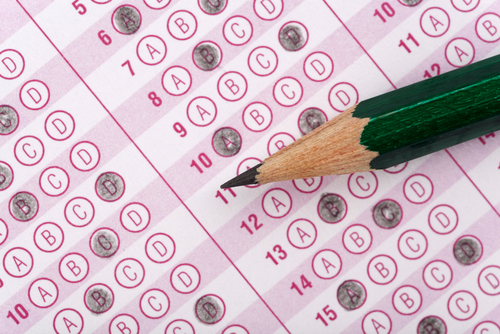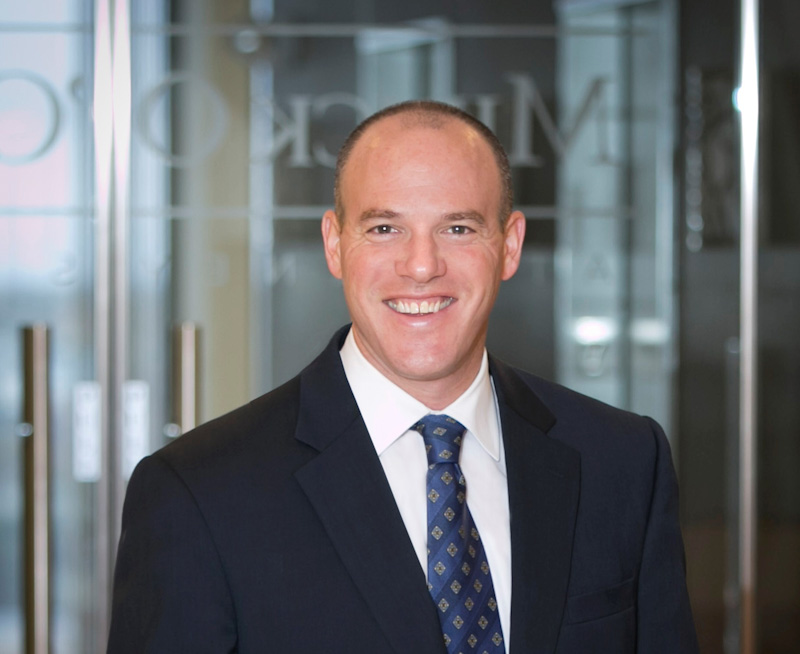NCBE announces more bar exam dates, and 1 state has allowed supervised practice; will more follow?

Image from Shutterstock.com.
While law students advocate for diploma privilege, and a growing number of deans are asking state supreme courts to consider supervised practice for 2020 graduates, the National Conference of Bar Examiners plans to proceed with administering the bar exam.
On Friday, the NCBE announced that it will have materials for more administrations in July and September. In addition to the July 28 to 29 exam, the fall test dates are scheduled for Sept. 9 to 10 and Sept. 30 to Oct. 1, according to an NCBE email.
The goal is to give flexibility to states and candidates during the COVID-19 pandemic, and each jurisdiction will make its own decision about when it administers the exam, according to the email.
So far, New York, Hawaii, Massachusetts and Connecticut have also postponed July bar exams.
On Monday, the New Jersey Supreme Court also announced that its July bar exam will be given in the fall, and the court is issuing a temporary supervised practice law for 2020 graduates who have yet to take a bar exam.
Meanwhile, there’s a national law student petition circulating that asks that the NCBE issue an advisory statement recommending diploma-privileged licensure. A similar petition, which as of Monday had more than 850 signatures, was sent to the State Bar of California.
Law school deans are weighing in, as well. Austen Parrish, the dean of the Indiana University Maurer School of Law, is one of 11 deans who sent a letter April 3 to the Conference of Chief Justices asking that state supreme courts consider “shorter-term, narrowly drawn licensing measures” in case the July bar exam is not administered.
A similar letter was sent April 1 to the New York Court of Appeals by the state’s law school deans, the New York Law Journal reported.
It’s possible that more states, in addition to New Jersey, will announce supervised practice rules for recent law school graduates this week, Parrish says.
Regarding diploma privilege, it was recently discussed and rejected by some states when they adopted the Uniform Bar Exam, according to Parrish. He adds that diploma privilege could be problematic for recent graduates who plan to practice in states where they did not attend law school, and he wonders how it would work for people who failed the February 2020 bar exam.
“It really doesn’t provide the reduction of anxiety people want for a large number of students,” he says.
A working paper released March 22 by a group of legal academics calls for states to consider diploma privilege for 2020 law school graduates, as well as supervised practice.
The NCBE adding these additional exam dates does not provide states with “the real Plan B that they need,” the paper’s authors wrote in an email to the ABA Journal.
The communication urged states to consult with epidemiologists and public health officials about whether a bar exam can realistically be administered in early or late September and to consider the Jewish holidays when scheduling a September bar.
They also wrote that states should speak with law school educators about what the coronavirus pandemic—as well as bar deferments and health worries over the virus—means for students’ psychological health.
“Every state should carefully develop a real Plan B, considering the possibilities of a variety of forms of supervised apprenticeship and diploma privilege for bar admission,” according to the email. “After all, a two-day closed-book test anchored in 200 multiple choice questions is not necessarily the best way to ensure that a law school graduate is prepared to represent clients in an increasingly complex world.”
Bill Adams, the managing director of the ABA’s Section of Legal Education and Admissions to the Bar, told the Journal in an email that it’s good that there are several options for the bar exam.
“I hope that the pandemic will subside and permit them to be offered,” Adams wrote.
Write a letter to the editor, share a story tip or update, or report an error.


